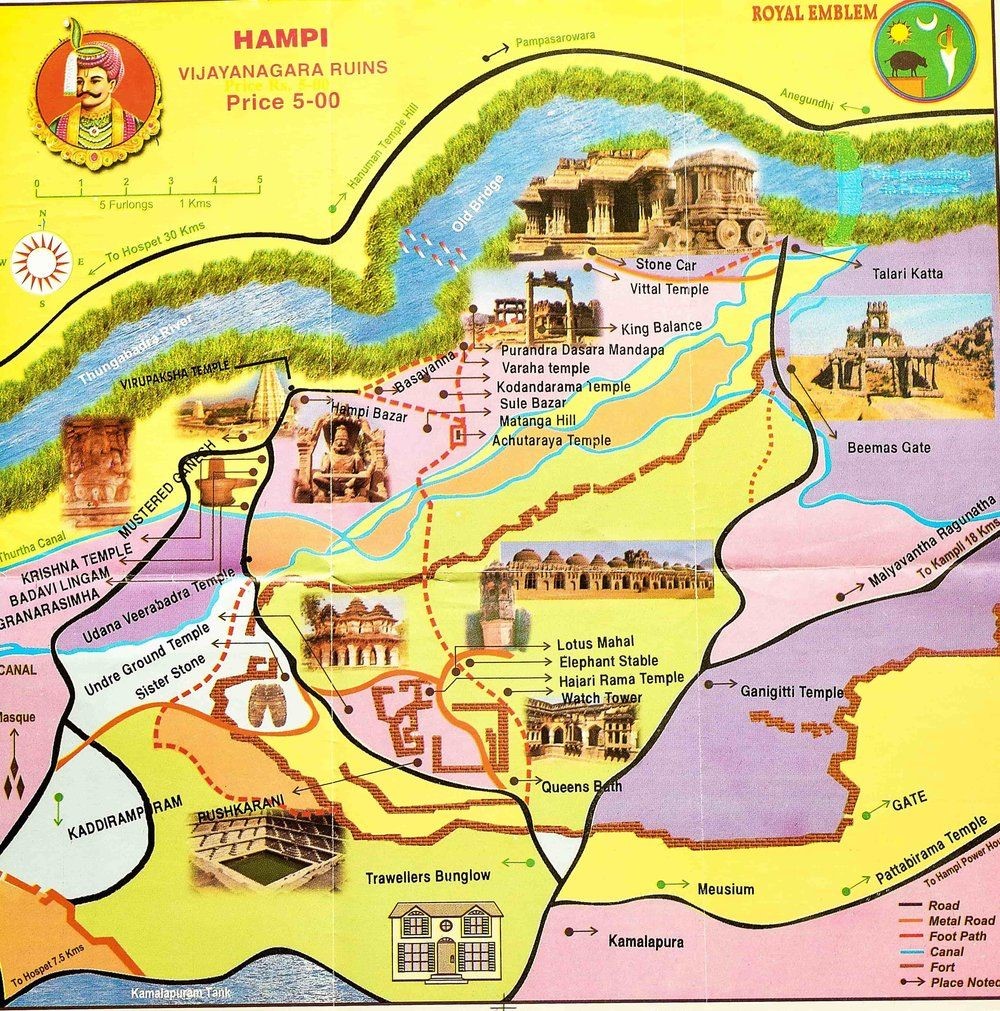Description

Disclaimer: Copyright infringement not intended.
Context
- The Prime Minister Shri Narendra Modi, lauded the Honourable Lok Sabha Speaker for strongly condemning the emergency and the ensuing excess committed.
The Emergency in India (1975-1977)
Background and Declaration
- Period: The Emergency in India was a 21-month period from 1975 to 1977.
- Prime Minister: The state of emergency was declared by Prime Minister Indira Gandhi.
- Reason for Declaration: The Emergency was declared citing internal and external threats to the country, which were perceived as severe enough to justify extraordinary measures.
Official Proclamation
- Issued by: The official proclamation of the Emergency was made by President Fakhruddin Ali Ahmed.
- Legal Basis: The declaration was made under Article 352 of the Indian Constitution.
- Official Reason: The reason given for the Emergency was the prevailing "internal disturbance."
- Duration: The Emergency was in effect from 25 June 1975 to 21 March 1977.
Powers and Actions
Prime Minister's Authority:
- Rule by Decree: The Emergency bestowed upon the prime minister the authority to rule by decree.
- Cancel Elections: It allowed for the cancellation of elections.
- Suspend Civil Liberties: It also permitted the suspension of civil liberties across the country.
Political Opponents:
- Imprisonment: Most of Indira Gandhi's political opponents were imprisoned during this period.
- Detentions: Preventive detentions were carried out under the Maintenance of Internal Security Act (MISA).
Press:
- Censorship: The press was censored to prevent any opposition or criticism of the government.
- Control: Strict control over media and communication was enforced to maintain the narrative in favor of the Emergency.
Population Control Campaign:
- Mass Vasectomy Campaign: A controversial mass campaign for vasectomy was spearheaded by Sanjay Gandhi, Indira Gandhi's son. This campaign aimed at population control but was widely criticized for its coercive methods.
Decision-Making and Rationale
- Proposer: The final decision to impose the Emergency was proposed by Prime Minister Indira Gandhi.
- Agreement: The proposal was agreed upon by President Fakhruddin Ali Ahmed.
Ratification:
- Cabinet and Parliament: The decision was ratified by the Cabinet and the Parliament from July to August 1975.
- Legal Formalities: The formal processes to endorse the Emergency were completed swiftly, reinforcing the government’s control.
Stated Rationale:
- Imminent Threats: The Emergency was justified on the grounds of imminent internal and external threats to the Indian state.
- Political and Social Unrest: The government cited the need to restore order in the face of political and social unrest, which included strikes, protests, and opposition movements.
Impact and Legacy
- Civil Liberties: The suspension of civil liberties led to widespread human rights violations.
- Political Landscape: The period of the Emergency had a lasting impact on India's political landscape, with increased awareness and vigilance against the misuse of constitutional provisions.
- Judiciary and Media: The role of the judiciary and media came under scrutiny, highlighting the importance of their independence in a democratic setup.
- Public Perception: The Emergency remains one of the most controversial periods in Indian history, evoking strong reactions about the balance between authority and freedom in a democracy.
READ MORE:
https://www.iasgyan.in/daily-current-affairs/national-emergency-of-1975
https://www.iasgyan.in/daily-current-affairs/article-356
|
PRACTICE QUESTION
Q. Discuss the circumstances leading to the declaration of the Emergency in India from 1975 to 1977. Evaluate its impact on democratic institutions, civil liberties, and the political landscape. What lessons can India learn from this period regarding the protection of democracy in the future?
|
SOURCE: PIB
















